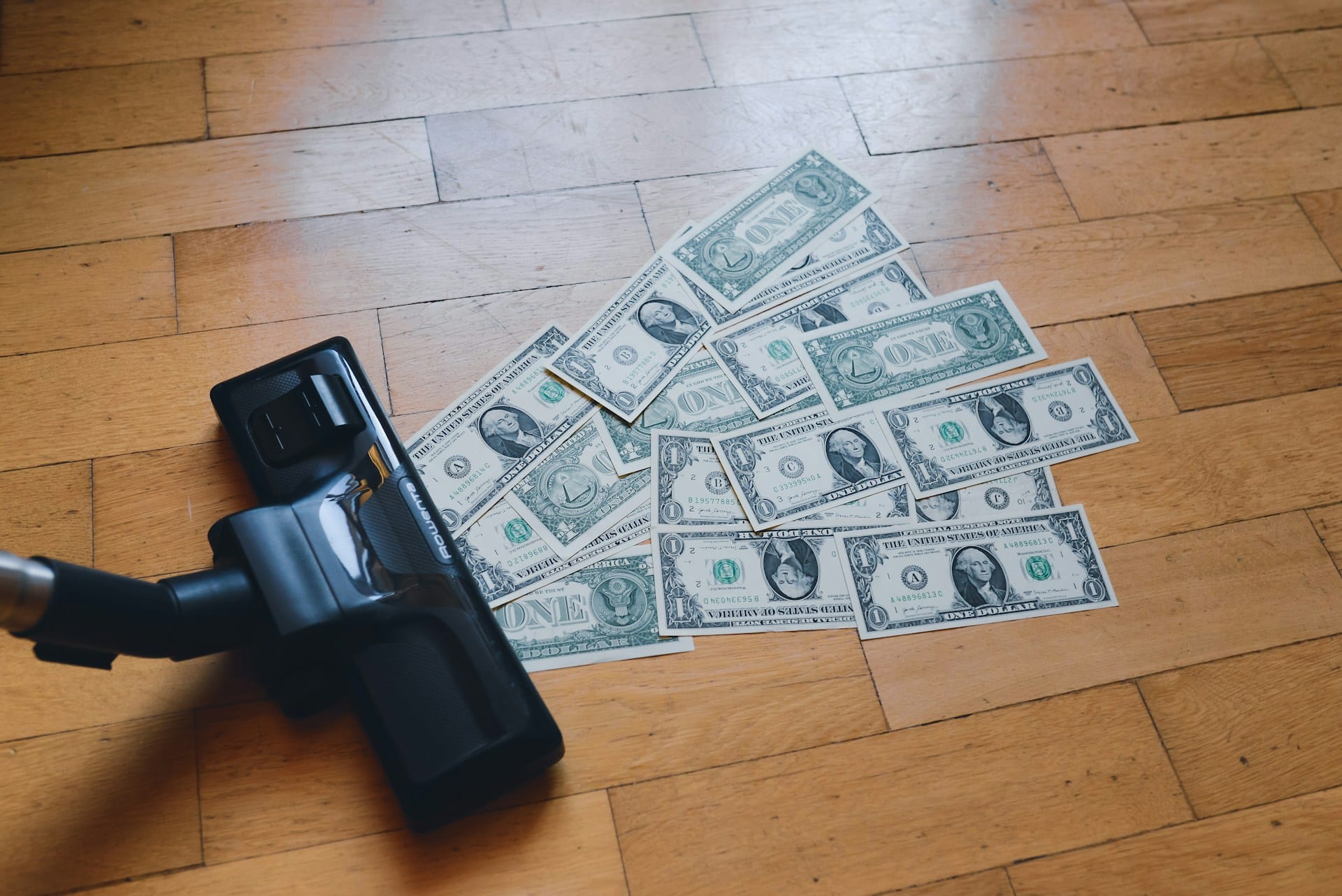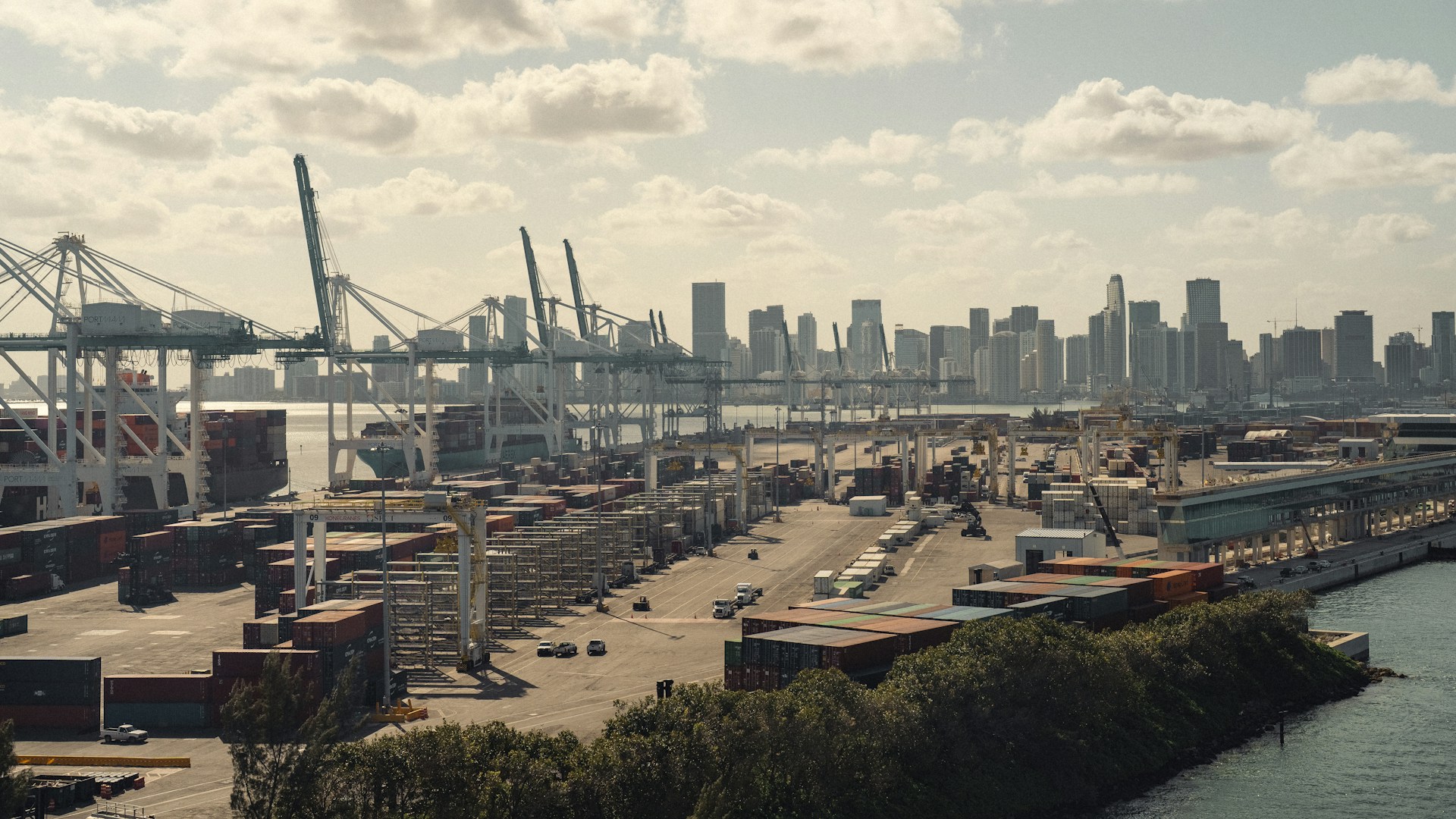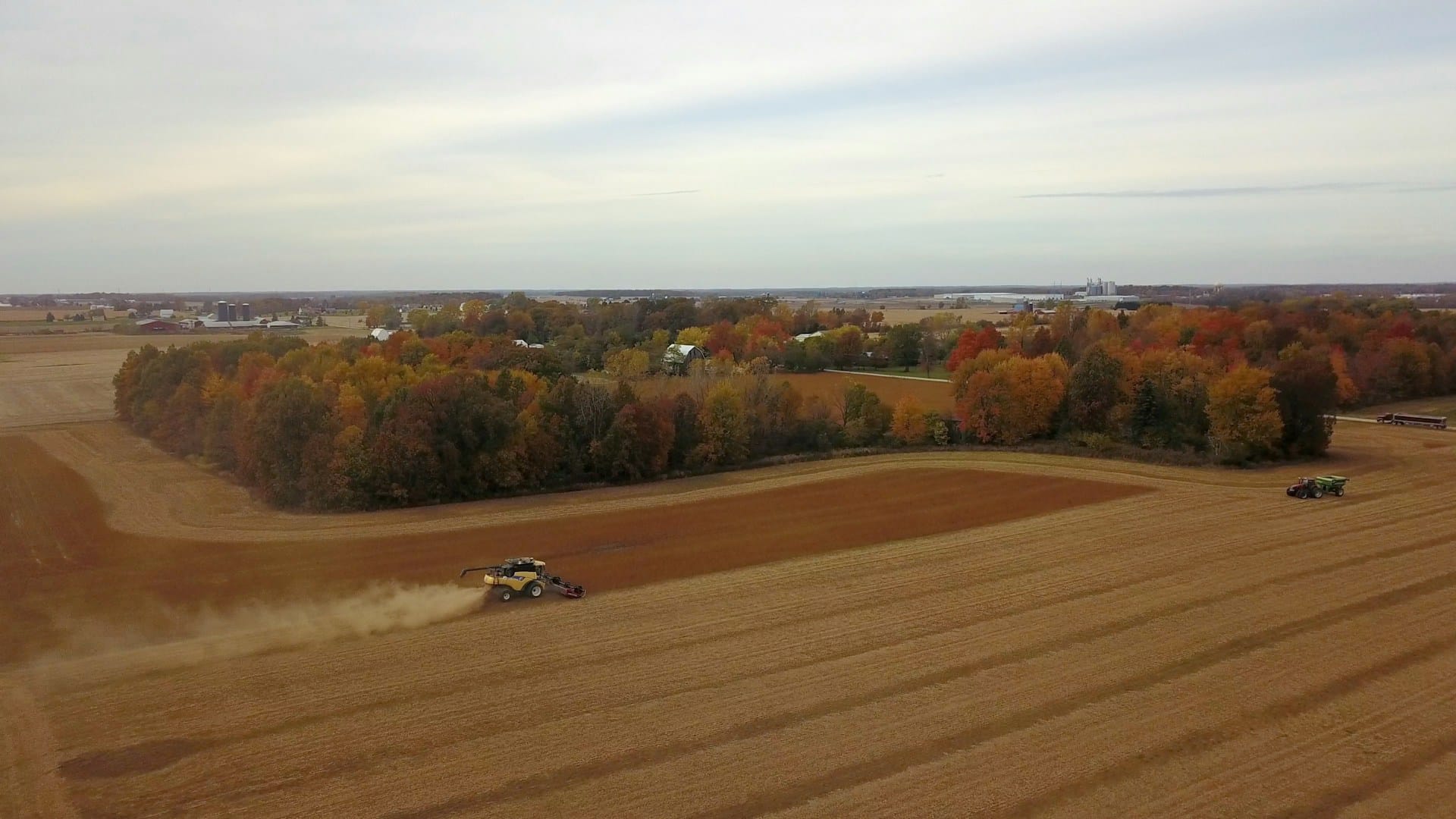We’ve followed President Trump’s faux pas of a trade war very closely, and called it early. Because you don’t have to be Nostradamus to foresee that taxpayers were going to pick up the tab to compensate businesses getting caught in the crossfire of tit-for-tat tariffs.
In August the Trump Administration announced it would make hush money payments to ag producers affected by the twilight zone of tariffs. We now have information on exactly where some of the hush money is going, thanks to EWG’s data from the USDA’s Market Facilitation Program.
The USDA announced that the first tranche of payments for the Market Facilitation Program would amount to $4.7 billion. Today’s data covers $356 million, of the reported $840 million in checks already issued through October 31. With thousands of aid applications still to be processed, and USDA announcing a second nearly $5 billion round of payments to come later, this amount is just the tip of the subsidy iceberg in the Market Facilitation Program.
Where the taxpayer-funded hush money went and how much farm businesses received is quite revealing. Nine out of the top ten businesses that received MFP payments grow soybeans. Not too surprising since soybeans have been most affected due to the trade war between the U.S. and China. What is surprising is that 85 hush money recipients collected more than $125,000, the payment limit set by the USDA.
We have long targeted closing the ridiculous loophole that ag businesses take advantage of in order to receive more taxpayer subsidies. This is the same active management loophole that both chambers of Congress agreed to close in the 2014 Farm Bill but unfortunately scrapped in conference committee. In addition to the aforementioned 85 recipients, more than a thousand “farmers” with addresses in such agricultural powerhouses as Washington DC, New York City, and Los Angeles have received bailout payments.
Congress and the Trump Administration must stop these egregious subsidy loopholes and taxpayer-funded bailouts. Taxpayers can afford to help provide a cost-effective, transparent safety net for agricultural businesses. However taxpayers, and farm country, can’t afford to replace trade with “aid.”











Get Social